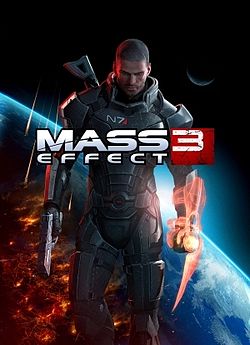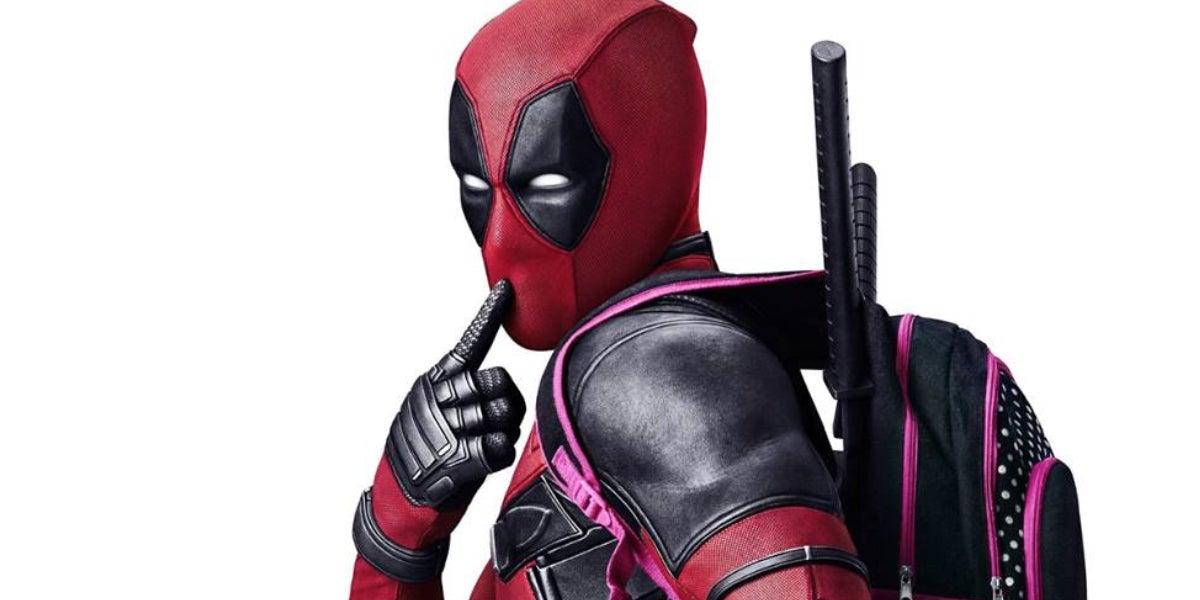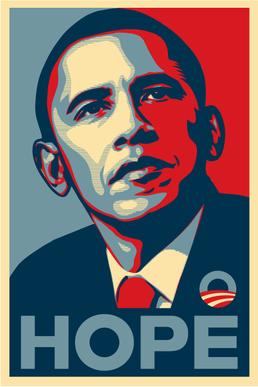Robert Kingett's "Off the Grid" is a book that documents a social experiment that would definitely prove to be too jarring for most millennials. While dramatically quitting Facebook and other attention-seeking boycotts are quite common among our generation, the very idea of disconnecting from the internet completely is in many ways beyond comprehension. In the fall of 2014 Mr. Kingett decided to do just that in order to, at least initially, boycott the US internet carriers trying to hijack net neutrality. What makes it truly brave and remarkable is the fact that the author happens to be legally blind and relies on the internet assisting him in pretty much every aspect of his life. As a result, "Off the Grid" is a fascinating journey into the modern world's dependence on the World Wide Web and how this relates to a young author's personal life.
Let me begin by saying that Mr. Kingett is a stylistically impressive writer. In a world where sentences have become overly long and clunky ,even in many respectable outlets, "Off the Grid" and its style is a breath of fresh air. The prose is delivered in a very clear and concise way , making the book a true joy to follow. The author consistently succeeds at conveying to the reader the inner workings of his unique mind. The writing style reveals to us a passionate young man driven by endless curiosity. In short, "Off the Grid" is simply a very enjoyable and fun read.
So how about the subject matter? The book is an account of Robert's month without the internet. The challenge exposes quite a few hidden truths about the web that not many even consider. The internet has become a ubiquitous utility we all take for granted. Not being online is something beyond people's wildest dreams, at least in the Western world. The first thing that is described by the author upon going offline is not being able to satiate that "itch" for more information. It is in a way reminiscent of a chain smoker quitting cigarettes cold turkey. Throughout the first part of the book we get to witness the restlessness that a young person feels without internet access. There's a great scene early on where Robert interrupts a conversation to pretend to check his phone just because it's too awkward not to. "Off the Grid" is ultimately a journey filled with these "Aha!" moments that make the reader reconsider their preconceptions about the internet culture at large. This is why I feel that Kingett's message in some ways goes beyond the appeal to people with disabilities.
Independence can certainly be considered the second main theme of the book. The author succeeds at presenting the internet as the great equalizer for disenfranchised groups such as the disabled. Despite the negatives, the internet is still presented as the greatest gift any disabled person could ever ask for. This certainly makes a strong case for universal access to the internet and it being a human right above all. At the end of the experiment, Robert certainly comes to appreciate his time offline but, at the same time, he is giddy to return to the tool that gives him independence. What impressed me the most on the personal level was the author's passionate case for accepting external help when you're disabled and why this is not at odds with one's personal journey towards independence. A part of me wishes I could make piece with this notion.
This is not to say that "Off the Grid" is a perfect book. One or two chapters are way too informative and don't really inform the narrative in any major way. While reading about the NFB Newsline or the cloud revolution was interesting, I still couldn't help but wonder if some of this fat should've been trimmed when editing the original journal. I also had a similar problem with the gaming chapter. While the existence of online-only games is an interesting problem, talking about it here didn't really fit the tone. Lastly, the cynic in me wonders whether some of the events in the book were a bit embellished. For instance, the beautiful love story interwoven into the book is almost too perfect for driving the plot. I find it hard to believe that such a wonderful love story coincided perfectly with the experiment. I sense that the timelines might have been adjusted a bit. Overall though, these are all minor gripes that do not take away from my enjoyment of the book.
To conclude, Kingett's "Off the Grid" is a great read that can be recommended to all. While it has some problems, the book ends up being a fascinating deliberation on the impact of the internet on people with and without disabilities. It is also a very interesting personal story with a rather likable protagonist. If you are looking for a well-written treatise on the many problems faced by today's youth, "Off the Grid" is something you should definitely consider.
Final Verdict: Recommended





